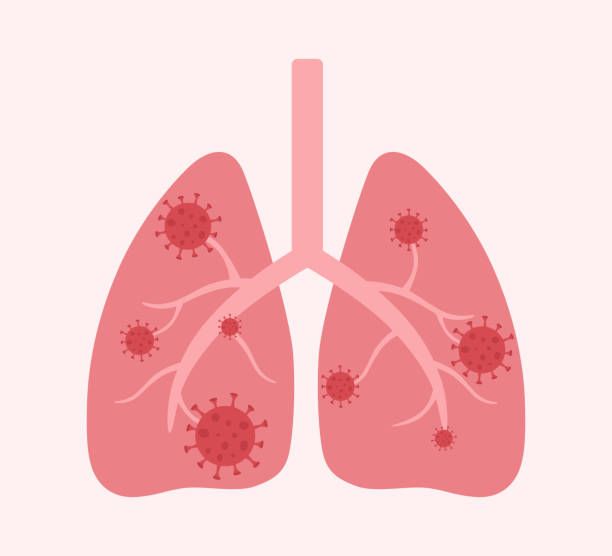What Causes It?
Viral infections (rhinovirus, influenza, RSV, parainfluenza, adenovirus)
Bacterial infections (Streptococcus pneumoniae, Haemophilus influenzae, Group A Streptococcus)
Environmental factors (air pollution, tobacco smoke, indoor solid fuel burning)
Poor hygiene and overcrowded living conditions
Compromised immune system and malnutrition
Seasonal climate changes and monsoon patterns
Signs & Symptoms
Persistent cough with or without sputum production
Fever and chills, especially in children
Nasal congestion, runny nose, and sneezing
Sore throat and difficulty swallowing
Shortness of breath and chest pain
Fatigue, body aches, and headache
In severe cases: rapid breathing and wheezing
